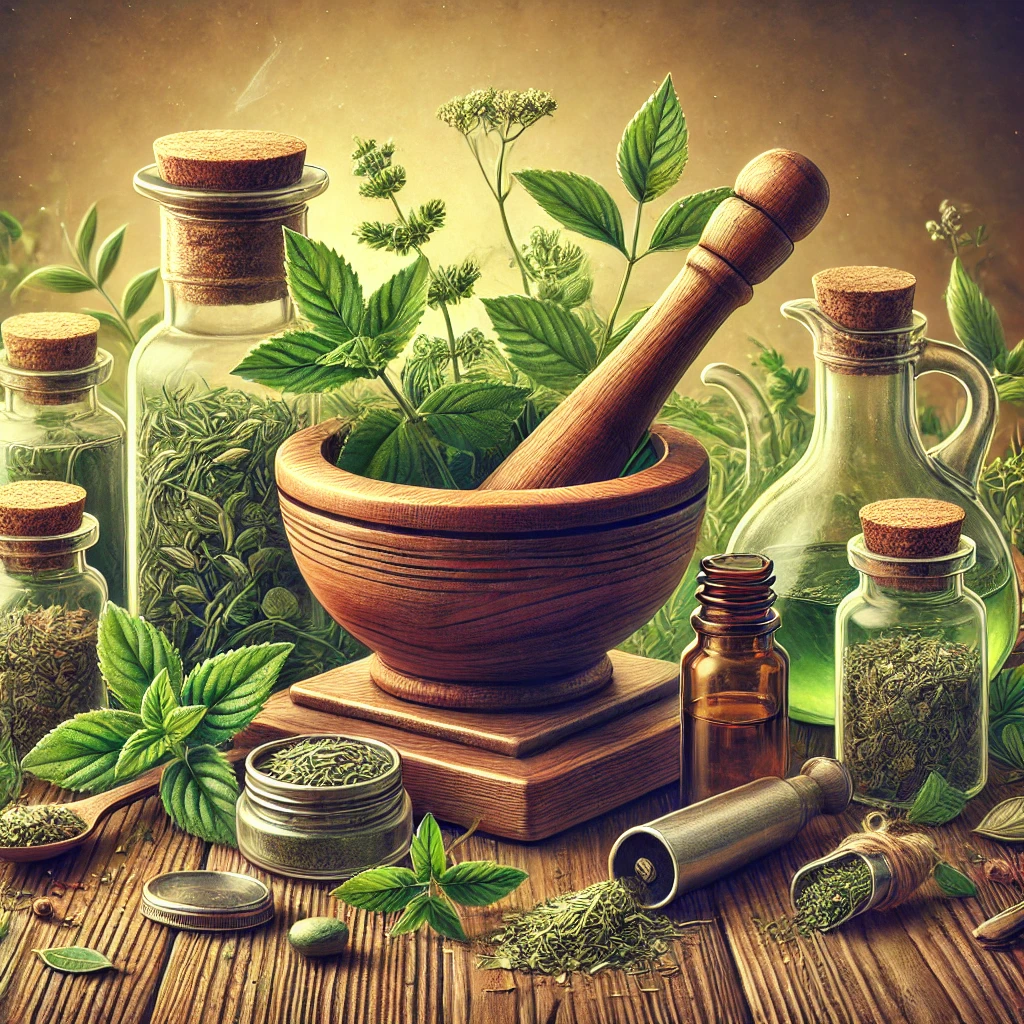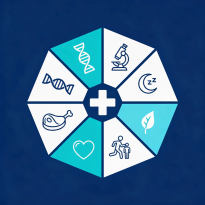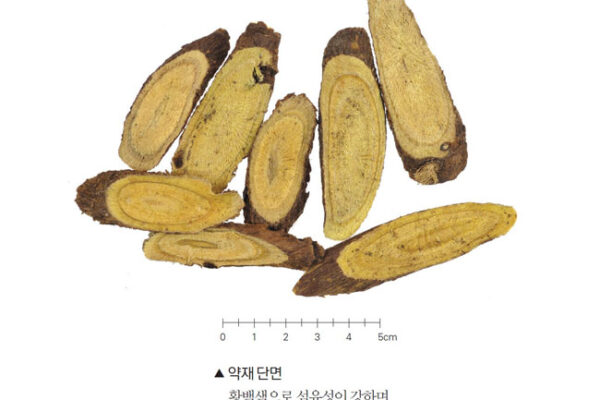For the original Korean text, visit here.
If you’re curious about the basics of traditional Korean medicine and health, read the following article:
What Your Sleeping Position Says About Your Health
Learn Why Studying JangSang Medicine is Important.
Frequently Asked but Silly Questions (Foods Good for the Liver??)
Thank you for reading.
Introduction: Herbal Medicine and Its Impact on Your Body
When taking herbal medicine, many people focus on what to eat or which supplements to take. However, a more critical question is: What should I reduce or avoid to relieve the burden on my body? Herbal medicine offers gentle, natural healing, but managing your overall lifestyle is essential for it to be effective. This article explores key considerations for those taking herbal remedies and outlines the do’s and don’ts for better recovery during illness.
1. Why You Should Eat Less When Taking Herbal Medicine
The Importance of Reducing Food Intake
One of the most important steps during treatment is eating less. While it may seem counterintuitive, digestion requires significant energy, placing additional strain on your liver and other organs. Herbal remedies work best when your body has fewer burdens to manage. 💡 Key Tip: Don’t think about what new foods or supplements to add to your diet. Instead, ask yourself: “What can I remove or reduce?”
2. The Hierarchy of Substances: Food vs. Supplements vs. Herbal Medicine vs. Pharmaceutical Drugs
Understanding the different levels of substances that affect your body is crucial when taking herbal remedies.
| Substance Type | Effectiveness | Toxicity | Impact on Liver |
|---|---|---|---|
| Food | Low | Very Low | Moderate |
| Health Supplements | Moderate | Low | High |
| Herbal Medicine | High | Medium | Manageable |
| Pharmaceutical Drugs | Very High | Very High | Extreme |
Key Takeaways:
- Pharmaceutical drugs act quickly but carry higher toxicity.
- Herbal medicine works more slowly, with fewer side effects.
- Even food can burden your liver if consumed in excess.

3. Illness: A Natural Healing Process of the Body
What Is Illness, Really?
Illness isn’t just a malfunction of the body. It’s a natural reaction—a sign that your body is fighting to resolve an internal imbalance or external infection. Think of illness as your body’s way of saying:
“I need time to repair myself.”
During this time, you must reduce stress on your body by eating less, working less, and resting more.
4. The Importance of Rest: Less Work, More Healing
Why You Should Reduce Workload During Illness
When your body is fighting an illness, you must work less and rest more to give your body the energy it needs to heal. ✅ Do:
- Increase downtime by spending more time in meditation or light exercise.
- Allow yourself to sleep more.
❌ Don’t:
- Watch stimulating videos or engage in activities that require high mental energy.
- Push yourself to be productive when your body signals otherwise.
5. Why Eating Less Is Essential for Healing
Most people ask:
“What should I eat to get better?”
However, the better question is:
“What should I stop eating?”
Reducing your food intake reduces the energy required for digestion and frees up resources for your body to focus on healing. Even healthy foods can overwhelm your system if consumed excessively.
6. The Dangers of Overworking the Liver
Your liver plays a critical role in processing toxins from food, medications, and even herbal remedies. Overworking the liver leads to slower recovery. 💡 Pro Tip: Minimize your consumption of supplements, processed foods, and pharmaceuticals during illness to avoid overwhelming your liver.
7. Mental Rest: Why You Need to “Do Less”
Taking physical rest isn’t enough—you need to mentally rest as well.
Here’s how you can achieve mental rest:
- Increase idle time without any structured tasks.
- Avoid consuming digital content like videos or scrolling through social media.
- Spend time in meditative or reflective states.
Why Watching Videos Can Be Harmful
Many people believe that passive activities like watching videos are restful. However, watching videos depletes your vital energy and disrupts your body’s natural flow of qi (life energy).
8. Embrace Inefficiency to Prevent Aging
The modern obsession with efficiency leads to faster burnout and aging. Instead, embrace inefficiency to slow down the aging process and promote recovery. ✅ Focus on:
- Unproductive moments where you do nothing.
- Gentle activities like slow walks or light stretching.
❌ Avoid:
- High-intensity workouts.
- Multi-tasking or engaging in mentally demanding tasks during recovery.
9. Signs That Your Body Needs Rest
Feeling tired, achy, or mentally foggy? These are your body’s signals to slow down.
Common Signs You Need More Rest:
- Persistent fatigue.
- Slower recovery from minor illnesses.
- Frequent headaches or digestive issues.
What to Do:
- Cut back on your workload.
- Increase rest time by allowing yourself to nap or meditate.
10. The Concept of “Doing Less” to Achieve More
Taking time to rest may feel counterproductive. However, slowing down actually allows your body to recover faster.
- Eat less, work less, and rest more.
- Allow yourself to be idle.
By reducing the burden on your body, you allow it to focus on repairing itself from within.
FAQs About Taking Herbal Medicine and Recovery
1. Can I take herbal medicine with other medications?
It’s best to avoid combining herbal remedies with pharmaceutical drugs unless advised by a healthcare professional. Both can burden the liver.
2. Should I stop eating entirely when I’m sick?
No, but you should reduce your intake and focus on light, easily digestible meals to give your digestive system a break.
3. How much rest do I need during recovery?
You should rest more than usual. Increase your sleep time and allow yourself to spend unproductive time in a relaxed state.
4. Is it okay to watch TV or use my phone while recovering?
No, it’s better to avoid digital screens. Watching videos consumes mental energy and can slow down your recovery process.
5. What’s more important: food or rest?
Rest is more important. Your body heals faster when it has time to repair itself without distractions.
6. How do I know if I’m overworking my liver?
Signs of liver strain include fatigue, sluggish digestion, and headaches. Reduce food intake, supplements, and medications to ease the burden on your liver.
Conclusion When taking herbal medicine, focus on reducing your intake—whether it’s food, supplements, or work tasks. Recovery happens when you give your body the space and time it needs to heal. Listen to your body’s signals, rest more, and worry less about being productive.


